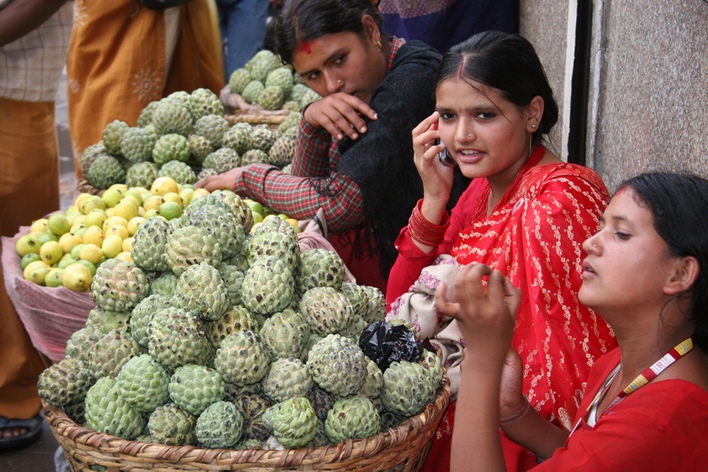
The Supreme Court on Wednesday struck down a Telecom Regulatory Authority of India (TRAI) notification obligating telecom service providers to compensate consumers for dropped calls.
An apex court bench of Justice Kurian Joseph and Justice Rohinton Fali Nariman struck down the December 16, 2015 notification as it set aside a Delhi High Court judgement upholding the TRAI notification.
Pronouncing the judgement, Justice Nariman said the TRAI notification was unreasonable, arbitrary and non-transparent.
Former telecom minister Kapil Sibal represented for telecom operators’ associations including Cellular Operators Association of India (COAI) and the Association of Unified Service Provider of India. The SC verdict will be giving major relief to telecom operators such as Bharti Airtel, Idea Cellular, Vodafone, Reliance Communications, BSNL, among others.
The telecom service providers, during the hearing, had contended that TRAI decision on compensation policy was a populist measure to accommodate consumers as call drops were happening for host of external considerations not attributable to them.
The associations had contended that under the terms and conditions of licence, it was only when call drops exceed a 2 percent ceiling that operators attract penalties, and none of the telecom service providers have breached the cap or penalised on this count.
However, TRAI had defended its decision to impose the call drop penalty, describing it as a least invasive way to deal with the issue and told the apex court that the service providers must enhance their investment in infrastructure as they were earning huge revenues.
Earlier, Attorney General Mukul Rohatgi told the high court that there was huge gulf between the revenue being earned by the TSPs and the investments being made by them on augmenting the infrastructure.
Between 2010 to 2014, the revenue of TSPs increased 48 percent, while investment in infrastructure in wireless access service segment rose only 4.6 percent from Rs 2,02,399 crore in fiscal 2012-13 to Rs 2,11,691 crore in fiscal 2013-14.
Investment in telecom infrastructure in 2015 in India was $5 billion whereas in China it was $50 billion.
The telecom industry has leveraged its financial ability and taken on debt to the tune of Rs 3.8 lakh crore, to further invest a cumulative figure of over Rs 8 lakh crore.
TRAI’s compensation policy, announced on October 16, 2015, for call drops would have benefited consumers because telecoms will be forced to credit one rupee to the mobile users’ account for every call drop (restricted to three per day) starting January 1, 2016.
In first quarter of 2015, about 25,787 crore outgoing call were made, out of which in 200 crore cases of call drops were encountered by consumers. This is 0.77 percent of all calls made, according to TRAI, and service provider made about Rs 36,781 crore during the period.
When the call drop issue debated across India, telecom service providers installed 65,000 cellular sites – 20,000 for 2G and 45,000 for 3G services — in six months.





